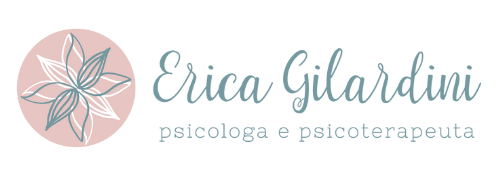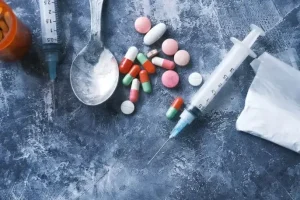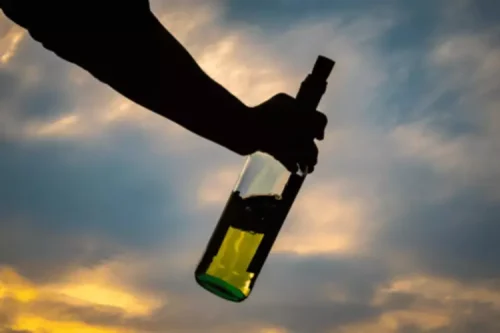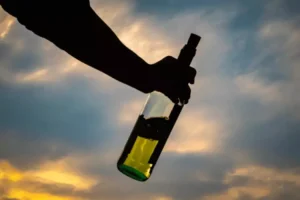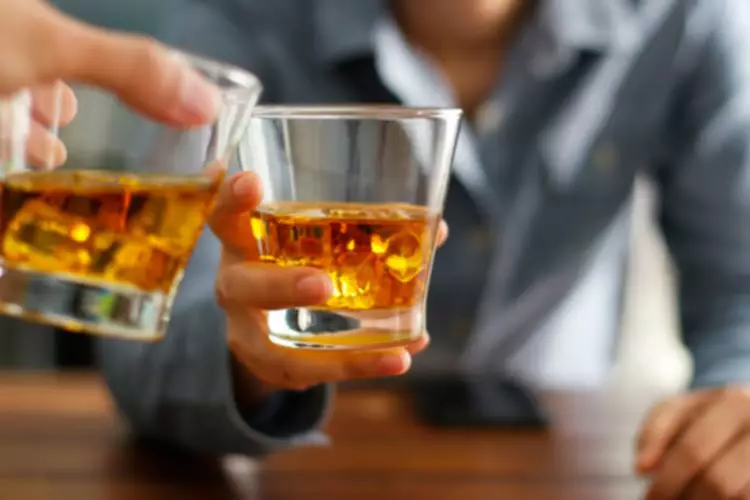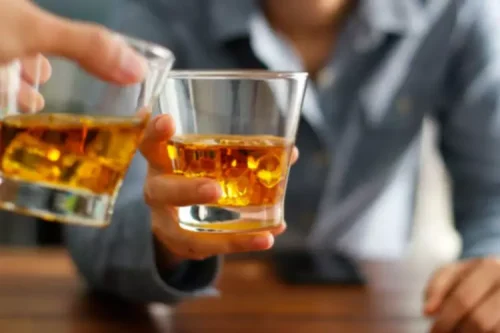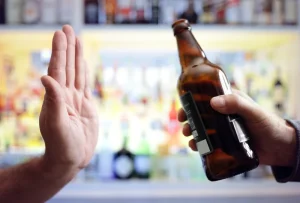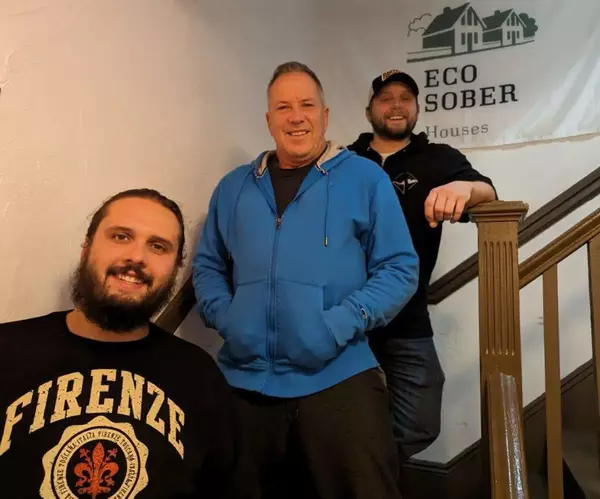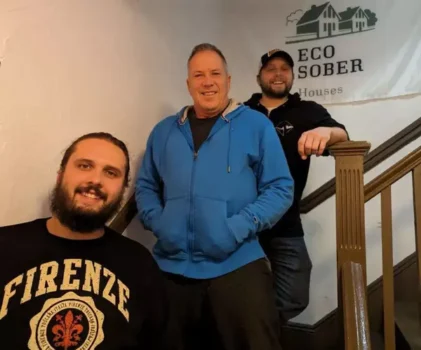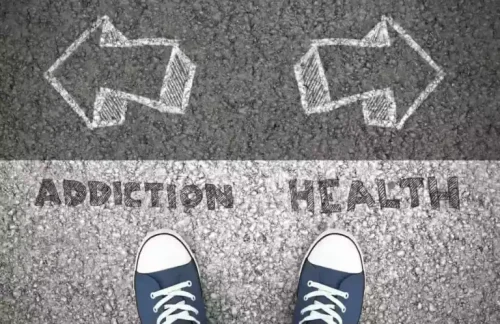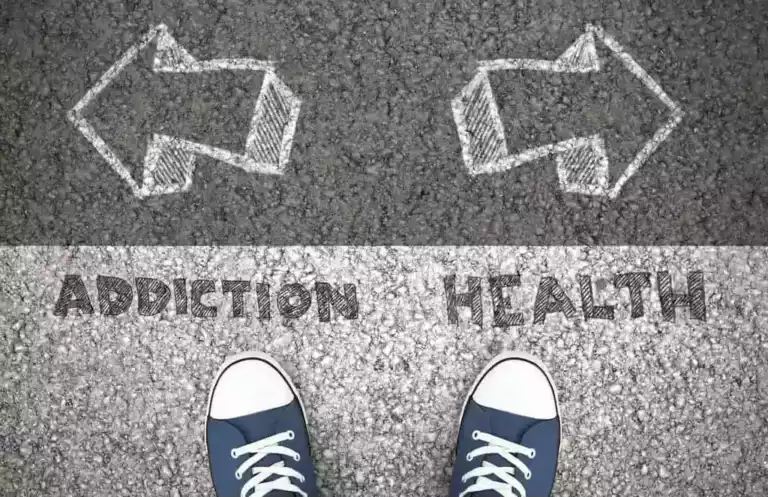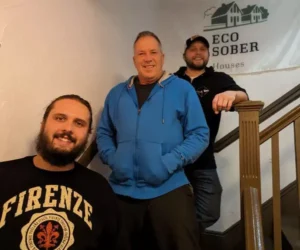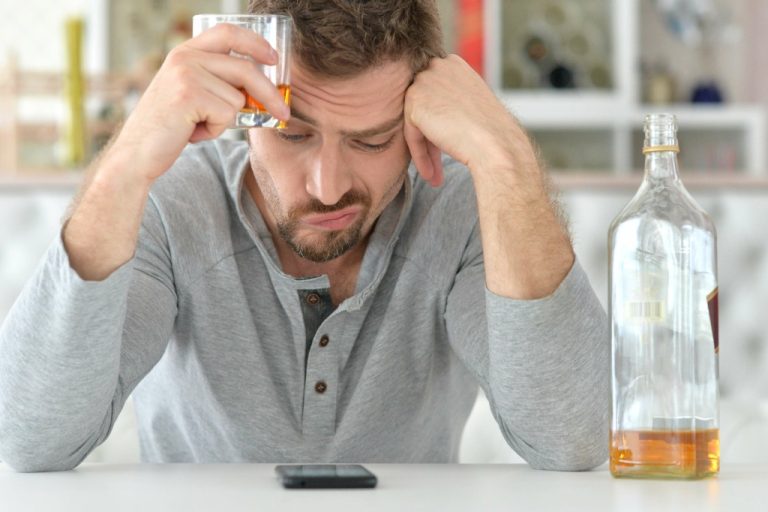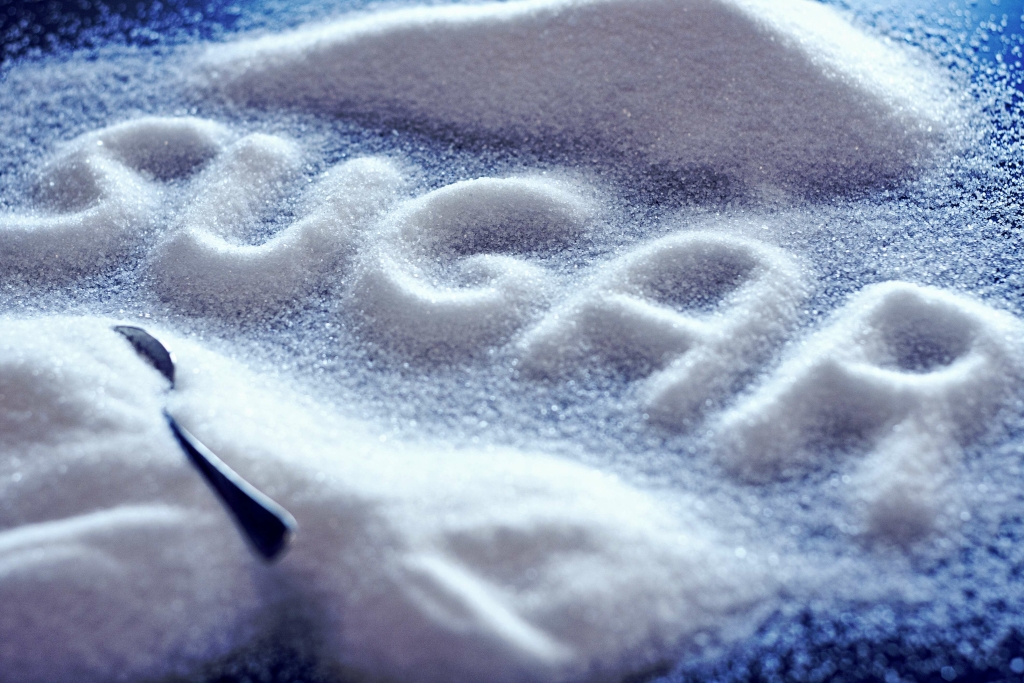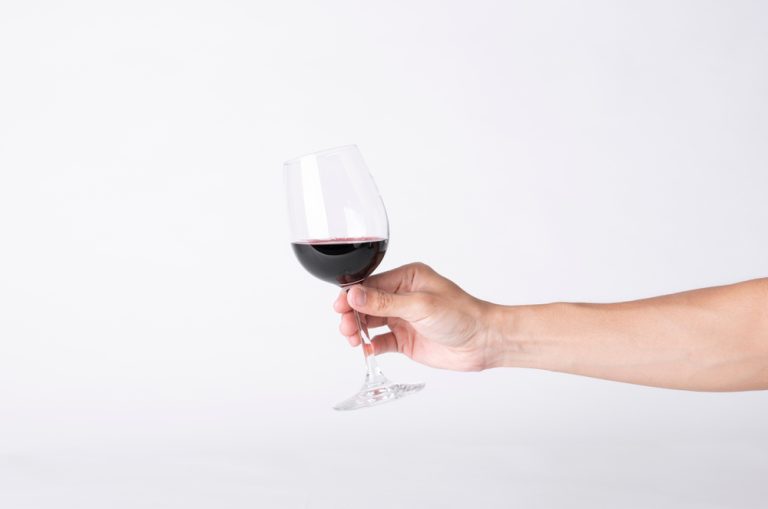Лото Клуб в Казахстане — это ведущий оператор лотерейных игр в стране, предлагающий широкий выбор популярных лотерей для игроков. Компания была основана в 2007 году и за 15 лет работы завоевала доверие сотен тысяч казахстанцев.
Обзор Loto Club KZ
Основные принципы работы Лото Клуба — честность, прозрачность и надежность. Все тиражи лотерей проходят в прямом эфире под контролем комиссии и с использованием сертифицированного лототрона для случайной генерации выигрышных номеров. ЛотоКлуб гарантирует выплату всех выигрышей своим участникам в полном объеме.
Разновидности Игр в Лото Клубе
Онлайн Лото Клуб предлагает две основные разновидности лотерейных игр.
Bingo Club 37
Bingo Club 37 — это классическое лото или бинго из 37 номеров. Игроку выдается карточка с 15 случайными номерами, и во время тиража ведущий вытягивает номера из лототрона. Цель — быстрее всех закрыть на карточке заданную выигрышную комбинацию.
Bingo Club 37 проводится ежедневно, на выбор доступно 3 варианта участия:
- Бинго 37 на 1 линию — цена билета 450 тенге
- Бинго 37 на 2 линии — цена 700 тенге
- Бинго 35+2 — цена 500 тенге
Keno Club
Keno Club — популярная числовая лотерея. Игрок выбирает от 1 до 10 номеров из 70 возможных. Во время тиража случайным образом выбирается 20 чисел. Чем больше совпадений с номерами на квитанции игрока, тем выше выигрыш.
Keno Club проводит тиражи каждые 3 минуты. Ставки начинаются от 50 тенге. Игрок может сделать ставку на ближайший тираж или на несколько тиражей вперед.
Ценовая политика и стоимость билетов в лотереях Лото Клуба
Клуб придерживается гибкой ценовой политики, позволяющей сделать участие в лотереях доступным для игроков с разным уровнем дохода. Минимальные ставки составляют всего 50-100 тенге.
Размер выигрышей напрямую зависит от суммы сделанной ставки — чем выше ставка, тем выше потенциальный выигрыш. Джекпот в играх на сайте loto club kz может достигать десятков миллионов тенге!
Участие в Лотерее Через Лото Клуб Онлайн
Чтобы принять участие в лотереях, необходимо зарегистрироваться на сайте или в мобильном приложении и пополнить игровой счет.
Лото Клуб Вход в кабинет и Регистрация
Регистрация занимает всего пару минут. Для этого нужно:
- Зайти на сайт lotoclub.kz или приложение Лото Клуб скачать на свой смартфон
- Нажать кнопку «Регистрация»
- Ввести имя, фамилию, номер телефона и придумать пароль
- Подтвердить регистрацию по СМС с кодом
После регистрации можно войти в личный кабинет, используя номер телефона и пароль. Также предусмотрен быстрый вход через SMS-код.
Инструкции по участию в тиражах лотерей
Чтобы сделать ставку в лотереях:
- Пополнить игровой счет в личном кабинете или через партнеров
- Выбрать интересующую лотерею и перейти в раздел с описанием
- Ознакомиться с правилами и сделать ставку на ближайший тираж
- Дождаться розыгрыша и узнать результат — выигрыш придет на игровой счет
Ставки можно делать на сайте loto club kz онлайн, в мобильном приложении или у партнеров компании во всех крупных городах страны.
Акции и Бонусы
Компания регулярно проводит промо-акции и выдает бонусы своим игрокам. Это отличная возможность получить дополнительные преимущества!
Промо-акции Loto Club
- Повышенные коэффициенты на выигрыш в определенные дни или часы
- Бесплатные билеты за участие в конкурсах в соцсетях
- Подарки и призы за регистрацию новых игроков
- Специальные условия в честь дней рождения и праздников
Актуальные акции всегда можно посмотреть на сайте или в разделе «Промо» мобильного приложения.
Программа лояльности и бонусы для постоянных игроков
В Лото Клубе действует программа лояльности, позволяющая накапливать бонусные баллы:
- 5% от суммы пополнения игрового счета
- До 20% от проигранных средств
- Бонусы за длительную игру, регистрацию друзей и другую активность
Накопленные баллы можно обменять на бесплатные билеты в лотереи или другие подарки.
Приложение и Социальные Сети
Лото Клуб активно использует цифровые каналы коммуникации с игроками.
Мобильное приложение
Приложение доступно для скачивания на Android и iOS. Основные возможности:
- Быстрая регистрация и вход в личный кабинет
- Удобный интерфейс для участия в лотереях
- Пополнение счета и вывод выигрышей
- Доступ к акциям, бонусам, истории игр и профилю
Социальные сети
ЛотоКлуб ведет активные сообщества в таких соцсетях как Instagram, Facebook, ВКонтакте, TikTok. Там можно найти:
- Анонсы предстоящих розыгрышей и акций
- Прямые трансляции тиражей
- Конкурсы с призами и подарками
- Обсуждение лотерей и общение с другими игроками
Подписка на соцсети Лото Клуба — это еще один способ не пропустить все самое интересное!
В Лото Клуб Как Выиграть?
Многих игроков интересует вопрос — как повысить свои шансы на выигрыш в лотереях? Рассмотрим несколько полезных советов и стратегий.
Стратегии игры на повышение шансов
- Играйте системно, используя разные комбинации номеров
- Делайте максимально допустимое количество ставок за тираж
- В Bingo выбирайте карточки с большим количеством чисел
- В Keno используйте номера, которые часто выпадают
Анализ частоты выпадения номеров и статистики
Лото Клуб публикует статистику результатов тиражей за последние периоды. Это позволяет определить:
- Номера, которые выпадают чаще других
- Наиболее редкие числа
- Средний размер выигрышей
Учитывая эти данные при выборе номеров, можно несколько увеличить свои шансы. Но в любом случае исход лотереи остается случайным.
Выводы
Лото Клуб зарекомендовал себя как надежный и популярный оператор лотерейных игр в Казахстане. За 15 лет компания подарила игрокам тысячи ценных призов и незабываемых эмоций.
Клуб Лото кз предлагает увлекательные лотереи Bingo Club 37 и Keno Club с выгодными условиями участия. Интересные акции, бонусы и крупные джекпоты делают эти игры еще более привлекательными.
Регистрация занимает пару минут, а удобные цифровые сервисы позволяют играть в любом месте. Служба поддержки и меры безопасности гарантируют комфорт игроков. Лото онлайн открывает каждому шанс испытать удачу и стать победителем мгновенно!
Самые Популярные Вопросы
Как мне убедиться, что я не пропущу лотерейный розыгрыш?
Вы можете подписаться на уведомления о розыгрышах на веб-сайте Лото Клуб Кз или через их мобильное приложение, если оно доступно.
Облагаются ли лотерейные выигрыши налогом в Казахстане?
Как происходит получение выигрышей?
Каков минимальный возраст для игры в Лото Клуб в Казахстане?
Могу ли я играть в игры Лото Клуба онлайн?
В зависимости от действующих правил некоторые игры ЛотоКлуба могут быть доступны для игры в Интернете. Пожалуйста, проверьте их официальный веб-сайт для получения последней информации.
Как часто проводятся лотерейные розыгрыши?
Частота розыгрышей зависит от игры, некоторые проводятся ежедневно, еженедельно или по другому регулярному графику.
Какие типы лотерейных игр доступны?
Являются ли игры Лото Клуба справедливыми?
Да, все лотерейные игры компании регулируются и проверяются для обеспечения честности и прозрачности.
Как мне купить лотерейные билеты через Лото Клуб в Казахстане?
⭐️ Что такое Лото Клуб?
Лото Клуб — это организация, предлагающая различные лотерейные игры, включая популярные розыгрыши и мгновенные лотереи.
